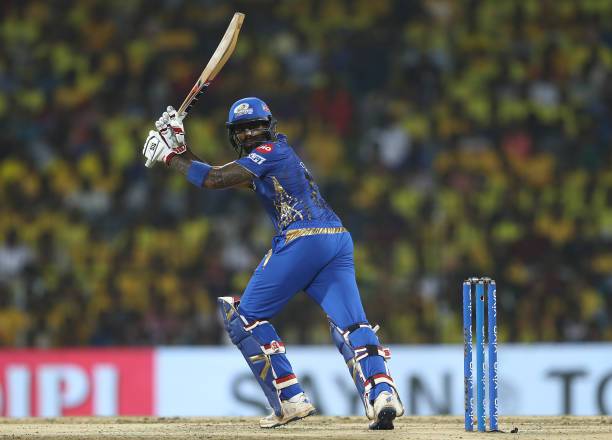Analyzing the Economics of IPL Player Auctions
11xplay sign up, laser247 com, world777 register: Analyzing the Economics of IPL Player Auctions
The Indian Premier League (IPL) is one of the most popular and lucrative cricket leagues in the world. One of the key events leading up to each season of the IPL is the player auction, where teams bid for the services of players from around the globe. This high-stakes event is not only exciting for fans but also provides valuable insights into the economics of professional sports.
In this article, we will take a deep dive into the IPL player auctions, examining the factors that drive player valuations, the strategies employed by teams, and the implications for the league’s overall economics.
The Dynamics of Player Valuations
The value of a player in the IPL auction is determined by a combination of factors, including their performance in previous seasons, their skill set, their marketability, and the specific needs of the teams bidding for them. For example, a player who has consistently performed well in the IPL is likely to command a higher price than a relatively unknown player.
Additionally, certain players may hold more appeal for teams based on their ability to attract fans and sponsors. For example, players with a large social media following or a charismatic personality may be valued higher for their ability to generate off-field revenue.
Teams may also place a premium on players who fill specific roles within their squad. For example, a team lacking in experienced spin bowlers may be willing to pay more for a player with a proven track record in that skill.
Strategies Employed by Teams
During the IPL player auction, teams must navigate a complex set of constraints, including a salary cap and restrictions on the number of players they can retain from previous seasons. This requires teams to carefully prioritize their needs and allocate their resources effectively.
Some teams adopt a “stars and scrubs” strategy, focusing their spending on a few top-tier players while filling out the rest of their squad with lower-priced options. This can be an effective approach if the top players can carry the team to success, but it also carries the risk of relying too heavily on a small group of players.
Others take a more balanced approach, spreading their resources more evenly across the squad. This can reduce the risk of being overly reliant on a few key players but may result in a lack of star power that can help attract fans and sponsors.
The Economics of IPL Player Auctions
The player auctions are not just a means for teams to assemble their squads; they also play a significant role in driving the overall economics of the IPL. The huge sums of money involved in the auctions create a competitive marketplace for players, driving up salaries and raising the stakes for team owners.
The auctions also have implications for the league’s revenue streams. The star power of top players can help attract fans to matches, boosting ticket sales and television ratings. Additionally, the marketability of certain players can attract sponsors and advertisers, further increasing the league’s financial viability.
However, there are risks associated with the escalating costs of player auctions. Teams that overspend on players may find themselves with limited resources to invest in other areas, such as coaching staff, facilities, and grassroots development. This can create imbalances within the league, with some teams struggling to compete due to financial constraints.
FAQs
Q: How is the salary cap determined for IPL teams?
A: The salary cap for IPL teams is set by the league each year based on a percentage of the league’s revenue. This helps ensure a level playing field for all teams and prevents wealthier franchises from outspending their competitors.
Q: Can teams trade players after the auction?
A: Yes, teams are allowed to trade players with each other after the auction has taken place. However, there are restrictions on the timing and nature of player trades to prevent teams from circumventing the salary cap rules.
Q: Do players get a say in which team they play for in the auction?
A: While players do not have direct control over which team bids for them in the auction, they can express preferences or stipulate certain conditions to potential buyers. Ultimately, the decision lies with the team owners and management.
In conclusion, the IPL player auctions are a fascinating window into the economics of professional sports. By examining the factors that drive player valuations, the strategies employed by teams, and the implications for the league’s overall economics, we can gain a better understanding of how the IPL operates as a business. As the league continues to grow in popularity and financial success, the player auctions will remain a crucial aspect of its operation.







